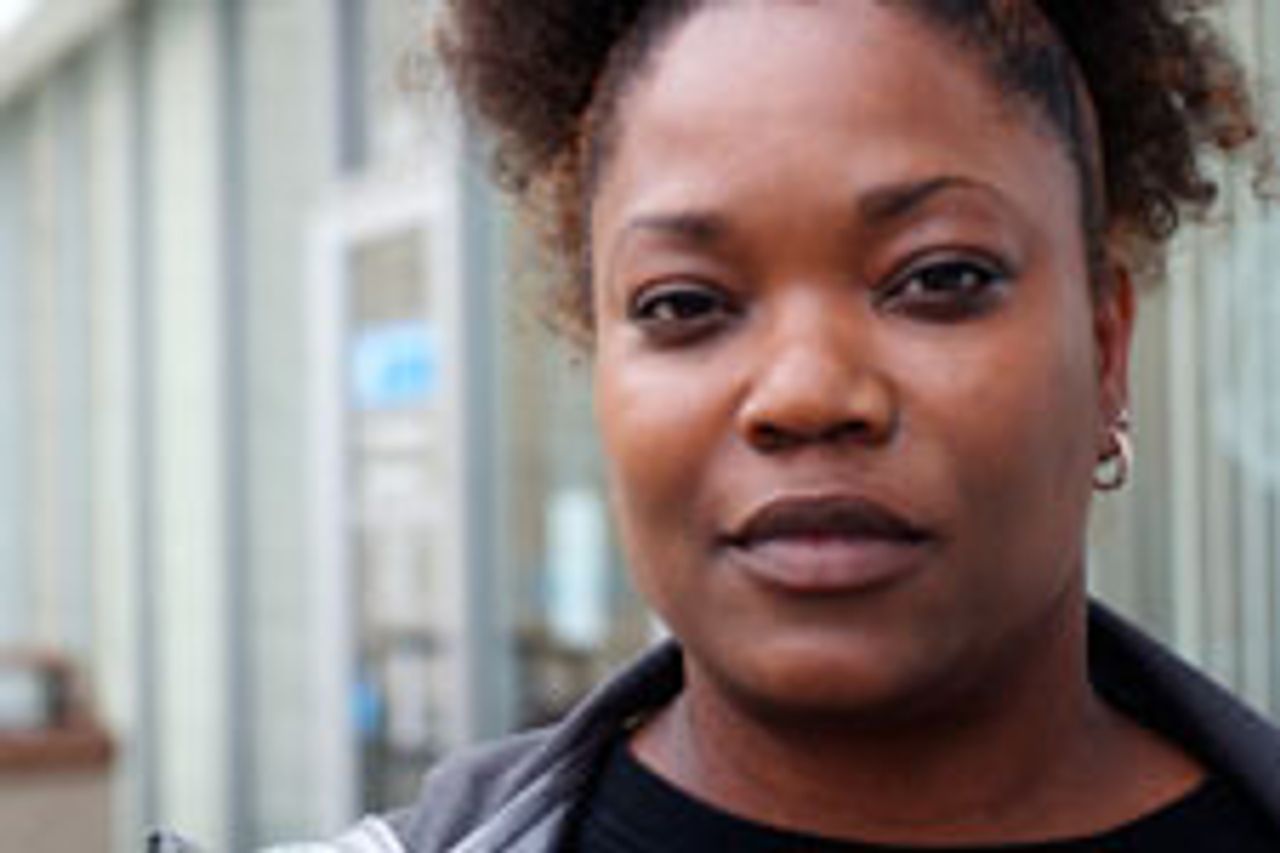On August 2, 2011, the US Congress approved at least $2.4 trillion in federal budget cuts, which will sharply reduce spending on social entitlements such as M edicare and Medicaid, the health insurance programs for the poor and elderly, and Social Security, the retirement insurance program.
The US mass media presents the brutal cuts as inevitable and even popular, since “the country needs to live within its means.” Meanwhile, the rich pile up vast fortunes from every kind of wild speculation and parasitic financial activity. In fact, as every poll indicates, the assault on vital social programs is deeply unpopular and is being imposed against the wishes of the people.
The World Socialist Web Site plans to speak to workers and students across the US and present their views and concerns—something that is excluded from the media and to which the political establishment is entirely impervious.
We begin in Oak Park, Michigan, a working-class inner suburb of Detroit, where a number of workers interviewed said they were outraged at the budget cuts, which they saw as an attack on the most vulnerable sections of the population to benefit the rich.
 Franklin Conelea
Franklin ConeleaFranklin Conselea, a retired electrician, for example, said that cutting Social Security and Medicare was an “outright crime.”
“The politicians just stole $3 trillion from us. I could have never imagined this could happen. Both parties are bought and paid for by the rich.”
He said he wants to do something about the cuts. “Everyone should get together and fight this. I heard there are 50 million retired people in the United States. We should all march on Washington. I don’t have much money, but my wife and I would find a way to get down there; then they’d listen to us.”
“Rich people don’t need any more money. Why is the government stealing from the elderly?” he asked. “They don’t want to let you get by. They just want you to disappear.”
Mr. Conselea said that the economic crisis has made it difficult for him to survive on Social Security benefits alone. “I’m technically retired, but I don’t make enough, so I still work,” he added.
He said the cuts will make it difficult for him, but that it will be even worse for those who are not yet retired. “They young people are still paying in, but they are not going to get anything out,” he said.
Like many others, Mr. Conselea said the bank bailout was the prelude to the current round of cuts. “They stole our money when they bailed out the banks. They should give it back, instead of taking more.”
Pat Andrus, a retired retail employee, said, “I have worked my whole life, since I was 14 years old, and they want to take my retirement away.”
She said it was unfair that working-class people were forced to sacrifice while the wealthy prospered. “Start with the rich people, take their yachts. Start with the top 2 percent. I’ll sacrifice for my country, but I don’t have anything to give.”
Ms. Andrus explained she had quit her job to take care of her mother as the latter was passing away. “If I could find a job, I would work. Our house is ‘underwater’ [i.e., its market value is less than the family owes on the house]. We have no savings, we live paycheck to paycheck.”
Charlene Jefferson, a real estate agent, said that the passage of the bill proves “the banks run this country, and they have the real power,” She added, “The rich get richer and the poor get poorer.”
Since 2006, home values in the metro Detroit area have fallen by over 50 percent. Ms. Jefferson said that most homeowners in her neighborhood are underwater, but that the banks are refusing to modify their mortgages. “What they did earlier this decade was criminal; they were giving loans no questions asked and selling them for a profit, but now they won’t even give you a loan or let you modify your mortgage.”
She continued, “The banks don’t even have to ask for the government to give them millions of dollars. They don’t pay their bills, but when we miss a payment, they don’t stop calling.”
 Shirley Ethridge
Shirley EthridgeShirley Ethridge, a 40-year-old food service worker at a prison, said she was shocked by the cuts. “People have worked for years and years; they paid their social security tax and now they’re told they won’t get it back.”
“I never imagined Obama would have done this, but he did,” she said. “They are cutting the incomes of the middle class and working class when the rich have more money than they know what to do with.”
Like many workers, Ms. Ethridge related the cuts to social spending with the attack on wages. “At my job, they want to lay us all off and replace us with private contractors, who they pay less.” She said that there is no such thing as a temporary concession for working class people: “We’re giving up so much, and once we give it up we’ll never get it back.”
Lloyd Davids, a middle-aged worker, spoke to us outside the Michigan Secretary of State office in Oak Park. “People who are on fixed income can barely make ends meet, and now they want to cut even more,” he said. “People have the right to live out their golden years in peace.”
“Older people are struggling to live; they can’t pay their rent, and they end up alone in nursing homes. This is America. Don’t people have rights? Aren’t we supposed to be free?”
Angela-Whitehawk Potter, a disabled worker, said, “I paid into the system and expected to get it back. Our healthcare is being put on the chopping block.”
She said that as an African American she was disgusted with Obama. “They found a black man to make the cuts because they knew he could get them across.”
 Evelyn Shavers
Evelyn ShaversEvelyn Shavers, a 70-year-old retired worker, spoke to us while waiting for a ride from Providence Hospital. “It’s awful that people on fixed incomes will have their co-pays raised. They’ll have to take money out of their homes. I don’t want to borrow from my kids, I want to be independent. If they cut my social security, where else can I turn?”
Ms. Shavers said that “It all started when they gave money to the banks. Why don’t they hit the banks and big businesses? Why are they taking away from poor people?”
“My children are struggling, too. It’s always getting worse,” she said. “My daughter has found a second job. I figure I should take the example from her and start working too, but there are no jobs.”
“The people who make these policies have maids and hired help. They never worry about running out of money. Their parents don’t have to live in neighborhoods where they will get robbed on the way to the store. They can take care of their own parents, and they don’t care about us.”
